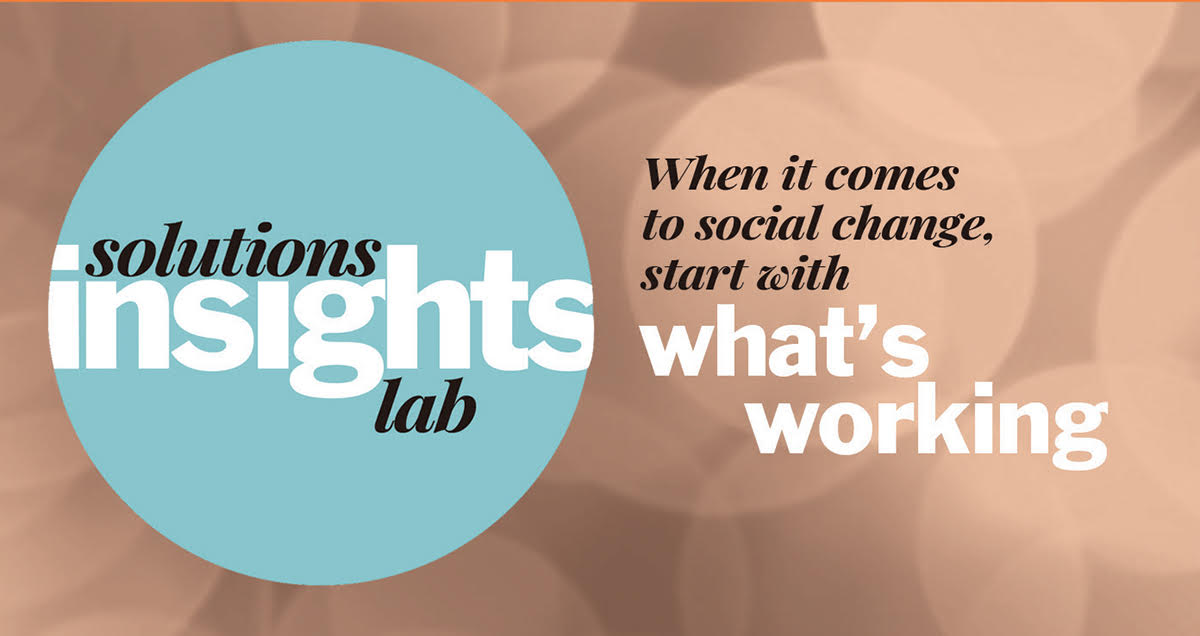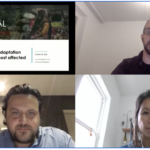Shortly after the employees of Rana Plaza’s garment factories arrived for work on the morning of April 24, 2013, the eight-story building came crashing down, killing over 1,100 people.
The dust had barely settled before the blame game began.
From the construction company’s use of substandard materials to the city officials’ lack of oversight to the brands that radically scaled production to meet consumer demand for fast fashion, fault could be found all the way down the supply chain.
The reality of the situation is that the culprit is free-market capitalism.
Our current economic system rewards short-sighted business practices at the expense of common resources and vulnerable populations.
And while for centuries this economic order has made us healthier and wealthier, it has also created a destructive arms race, treating all profits as equal, whether they’re earned by innovation or by exploitation.
Rewarding corporate executives for profit margins regardless of origin incentivizes companies to ignore the true cost of business decisions, like those that contribute to the degradation of the planet, further social injustices, or cause preventable disasters like the collapse of Rana Plaza.
Where business-as-usual capitalism has created a crisis, a new nonprofit, The Shareholder Commons, is ready to fix the free market.
Founded by Rick Alexander, the organization rejects profitable exploitation and instead promotes a system in which corporations must account for the true environmental and social costs of doing business.
The Shareholder Commons consults with business owners, policymakers, financial advisors, and asset managers to offer a strategic path towards sustainable capitalism. By coalescing these industries, The Shareholder Commons catalyzes collective action that will preserve our common resources through a new economic system.
With the launch of their four initiatives, the organization is taking the first step to aligning capital markets with human needs.
After practicing corporate law for 25 years, Alexander became the Head of Legal Policy at B Lab in 2015, leading efforts to create and promote a new model of corporate governance that would ensure a healthy, stable planet and a more just and equitable society.
“It was while working at B Lab that I became convinced that there is a need for a similar approach in the investing community, and that led me to start The Shareholder Commons,” says Alexander.
The organization’s four initiatives are based in economic systems change and aim to (1) Elevate the discussion of capitalism in public discourse; (2) Reimagine the rules that govern the investment industry; (3) Provide voice to the long-term, diversified investor in our judicial system; and (4) Establish prerequisite guardrails for companies that will account for the social and environmental costs of doing business.
For Alexander and The Shareholder Commons, current discussions around company purpose make now an opportune time to rethink the role of investing in a free market economy. From systemic income inequality to climate change, the unintended effects on future generations call for an urgent reimagining of capitalism.
“The Shareholder Commons is doing groundbreaking work, giving institutional investors a path to preserve critical systems that their beneficiaries, healthy markets, and the rest of us rely on,” says Jay Coen-Gilbert, co-founder of B Lab.





